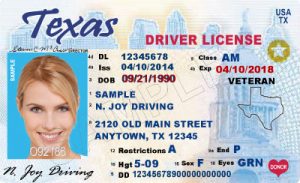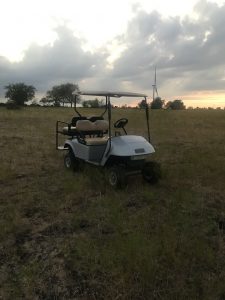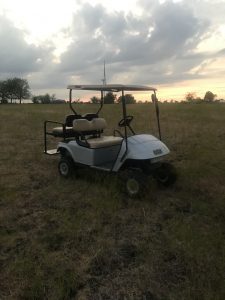Holiday DWI
 Any holiday, no matter how major or minor, is a risky time to be on the road. Police tend to be out in full force for Holiday DWI arrests. In fact, many holidays in Texas are called “no refusal weekends” to try and scare drivers. However, “no refusal weekends” are a lie. You always have the right to refuse and force the police to get a warrant to draw blood. This is the same thing that happens every day of the year, not just on holidays.
Any holiday, no matter how major or minor, is a risky time to be on the road. Police tend to be out in full force for Holiday DWI arrests. In fact, many holidays in Texas are called “no refusal weekends” to try and scare drivers. However, “no refusal weekends” are a lie. You always have the right to refuse and force the police to get a warrant to draw blood. This is the same thing that happens every day of the year, not just on holidays.
That said, holidays tend to be the time when police are actively searching to pile up Holiday DWI arrests. This means that the slightest mistake (e.g., checking your phone, feeling tired, or even a slight jerk of the wheel from sneezing) could lead to the lights coming on and a DWI investigation. We always recommend that people drink responsibly and drive responsibly. But, keep in mind that you always have rights, especially on holidays.
During any DWI, especially a holiday DWI, you have the right to:
- Refuse to perform any Standard Field Sobriety Test;
- Refuse to give breath and/or blood (forcing police to get a warrant to draw blood);
- Not answer any questions; (Keep in mind, though, that a request for ID is not a question, meaning you cannot refuse to provide ID. Failure to ID is a separate ticket.)
- Ask if you are free to leave. (If police say “no”, then they have detained you which prevents police from claiming a voluntary encounter.)
If police arrest you for DWI during a holiday weekend, give The Coffey Firm a call and we can schedule you for a free consultation to discuss your rights and your options. A holiday DWI does not make you a bad person. Holidays exists to for us to celebrate, so we will help you through this.
**HALLOWEEN NOTE: POLICE ARE OUT IN FULL FORCE LOOKING FOR HALLOWEEN DWI ARRESTS. IF YOU ARE ARRESTED FOR A HALLOWEEN DWI, PLEASE CONTACT OUR HALLOWEEN DWI LAWYERS AT 817-831-3100 TO SCHEDULE A FREE CONSULTATION.**
More about Mimi Coffey & The Coffey Firm
When people look for a Top DWI Attorney or Best DWI Attorney, they look for experience, certification, and respect in the legal community. Mimi Coffey is a nationally-renowned trial attorney, board-certified in DWI by the NCDD. She has been practicing for over 24 years and is an author of multiple DWI Defense textbooks. She is also a national and state-wide lecturer on the law.
The Coffey Firm handles a wide variety of cases, including Unlawful Carrying Weapon (UCW), Assault (including family violence), and Possession charges. We can also help you try to get a DWI off your record or avoid probation revocation.
Mimi is also listed on several “top criminal lawyer near me” directory listings such as Wise County DWI Lawyers, Tarrant County DWI Lawyer, Dallas County DWI attorney, Collin County DWI attorneys and Parker County DWI attorneys. Mimi is a caring DWI Lawyer in Dallas – Fort Worth. She is also involved in the Texas Tech School of Law foundation and enjoys using the skills she has developed to give back to the community.


 ALR Update
ALR Update Occasionally, police make DWI arrests for people driving a golf cart. However, whether a golf cart satisfies the requirements for a DWI is a strange question. DWI requires 1) operating, 2) a motor vehicle, 3) in a public place. Driving a golf cart would count as operation. However, is a golf cart a “motor vehicle” for purposes of a DWI? Also, what is a “public place” in relation to golf carts?
Occasionally, police make DWI arrests for people driving a golf cart. However, whether a golf cart satisfies the requirements for a DWI is a strange question. DWI requires 1) operating, 2) a motor vehicle, 3) in a public place. Driving a golf cart would count as operation. However, is a golf cart a “motor vehicle” for purposes of a DWI? Also, what is a “public place” in relation to golf carts?

 Convictions involving assaults, specifically family violence, carry a heavier price than many other convictions. Among the most important price is eligibility for parole early. The
Convictions involving assaults, specifically family violence, carry a heavier price than many other convictions. Among the most important price is eligibility for parole early. The  In many ways, Texas DWI is the same for both adults and minors. In other ways, a
In many ways, Texas DWI is the same for both adults and minors. In other ways, a  DWI Lawyer Straight Talk
DWI Lawyer Straight Talk